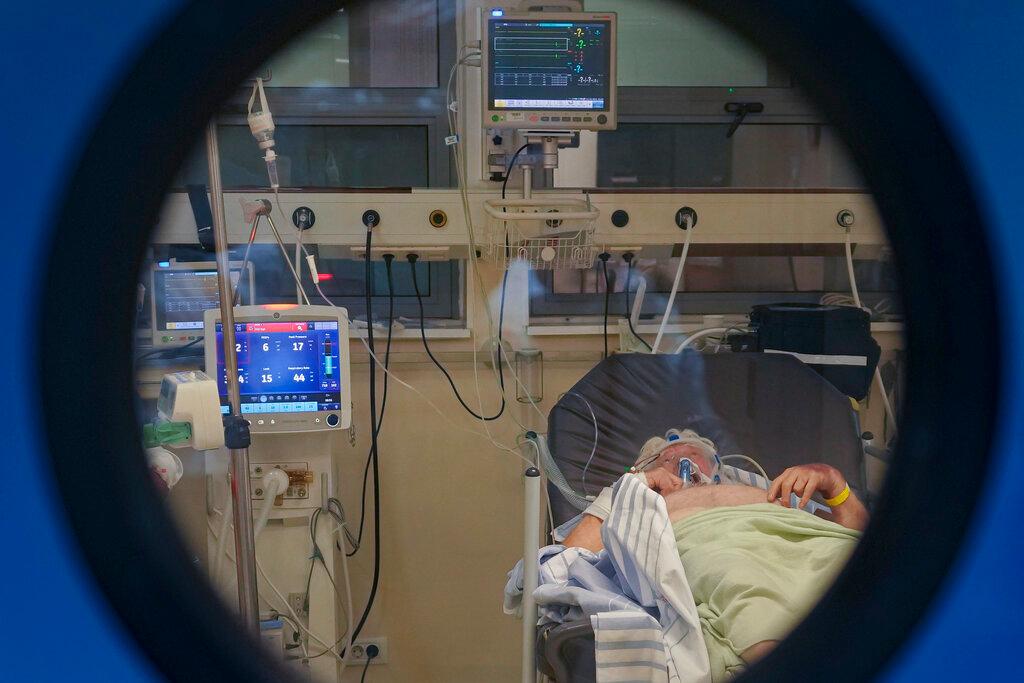Pandemic ‘far from finished’, says WHO
WHO's emergency committee calls for further research into reusable masks and respirators, and next-generation vaccines, diagnostics and therapeutics 'for long-term control of the pandemic'.
Just In
The Covid-19 crisis is far from over, the World Health Organization’s (WHO) emergency committee said Tuesday as it called for research into next-generation vaccines for long-term control of the pandemic.
The 19-member committee meets every three months to discuss the pandemic and make recommendations.
“While progress has been made through increased uptake of Covid-19 vaccines and therapeutics, analysis of the present situation and forecasting models indicate that the pandemic is far from finished,” WHO said in a statement on Friday’s four-hour virtual meeting.
The committee called for further research into reusable masks and respirators, and next-generation vaccines, diagnostics and therapeutics “for long-term control of the pandemic”.
“The use of masks, physical distancing, hand hygiene, and improving ventilation of indoor spaces remain key to reducing transmission of SARS CoV-2,” the statement stressed.
The committee said the protracted pandemic was making humanitarian emergencies, mass migration and other crises more complex. States should therefore revise their preparedness and response plans.
It raised concerns about Africa’s challenges in tackling the pandemic, including access to vaccines, tests and treatments, as well as collecting and analysing data to monitor the pandemic’s evolution.
Just 14 vaccine doses have been administered per 100 people in Africa, according to an AFP calculation.
That figure stands at 128 doses in the US and Canada; 113 in Europe; 106 in Latin America and the Caribbean; 103 in Oceania; 102 in Asia; and 78 in the Middle East.
The committee first declared on Jan 30 last year that the virus was a public health emergency of international concern (PHEIC) – the highest alarm WHO can sound.
The committee maintained its insistence that proof of vaccination should not be required for international travel or be the only condition for it “given limited global access and inequitable distribution of Covid-19 vaccines”.
Countries instead should consider a “risk-based approach to the facilitation of international travel by lifting or modifying measures, such as testing and/or quarantine requirements, when appropriate”.
The committee also called on countries to recognise all vaccines that have been given emergency use approval by WHO.
Subscribe to our newsletter
To be updated with all the latest news and analyses daily.
